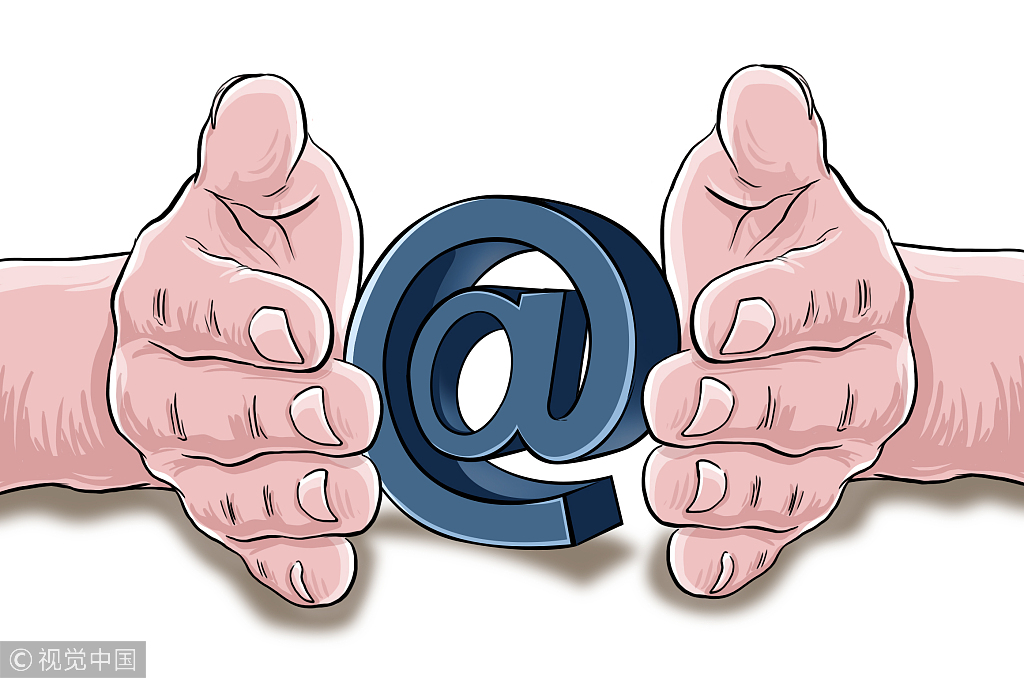Let's build bridges between China and Europe


The European Union is China's biggest trading partner while China is the EU's second-largest trading partner. Landmark Chinese bridges, such as those in the ancient city of Wuzhen, Zhejiang province, better symbolize the current state of relationships between China and the EU and other trading partners.
Information and communications technology is one of the most dynamic sectors in China's economic boom and is likely the best example of China's integration into the world economy. The internet, trade and bridges are bridge-builders. And Wuzhen is the perfect symbol of bridges. As such, the World Internet Conference could not have been hosted by a more emblematic city.
In its resolution adopted on Sept 12, the European Parliament (of which I was a member until Sept 1) called for a cooperative approach and a constructive attitude to exploit the great potential of EU-China trade, urging the European Commission to intensify cooperation dialogue with China for the mutual benefit of all companies in China and the EU.
In times when other continents discuss about walls, Europe intends to build bridges.
The EP welcomed the commitments made by President Xi Jinping to further open up the Chinese market to foreign investors, improve the investment environment, complete the revision of the negative list on foreign investment, and lift restrictions on EU companies. It also welcomed the establishment of the EU-China Connectivity Platform, which promotes cooperation in transport infrastructure across the Eurasian continent.
These statements taken from the resolution reflect the eagerness of the EU to deepen its trade relations with China. But this endeavor will be successful only if we realize that building a sustainable relationship is like building bridges.
Robust relations between the EU and China should be based on structured principles, not only on potential economic gains. The first principle is commonly agreed standards and rules. A systematic dialogue between the EC and China and other World Trade Organization members must be initiated on regulatory requirements relating to the digitalization of our economies and its multifaceted impact on trade, production chains, cross-border digital services, 3D printing, payments, taxes, property rights issues, the media and people-to-people contacts.
Multilateral standards and rules result from an inclusive process which fosters international cohesion and promotes legal certainty. In the rare cases where the EU opted for a unilateral approach, such as the case of the General Data Protection Regulation, the system ensured the EU determined the rules in force in other countries can be declared adequate.
Second, China-EU relations should not be limited to trade. Human beings are more than consumers and producers, and their higher aspirations can be promoted by cultural and educational initiatives such as the 2018 EU-China Tourism Year which allowed the sharing of our cultural heritage and helped European and Chinese peoples to better understand each other. When I was an EC member, I launched the "Erasmus Mundus Programme", a worldwide cooperation and mobility program in the field of higher education, which promotes dialogue and understanding between young talents. Since 2005, many Chinese students have obtained scholarships to study in EU universities, which is a perfect example of how openness leads to mutual benefits. We should continue on that road.
Third, China-EU cooperation should be based on mutual respect for each other's diversity. Fourteen years ago, I negotiated on behalf of the EU with the UNESCO convention that would become the Convention on the Protection and Promotion of the Diversity of Cultural Expressions. The EU promotes globally what it practices internally: unity in diversity.
The same holds true for China-EU relations. We may have different views, but they should not stop us from cooperating and communicating. On the contrary, our differences are an incentive to organize more discussion and interaction forums to promote mutual understanding. In this regard, I welcome the fifth World Internet Conference organizers' decision to invite high-level European decision makers to participate in the discussions. And I am delighted to be one of them, and help to build bridges and to tear down walls.
Relevant organizations such as China EU Association should also be encouraged to play an active and engaging role in enhancing dialogues and exchanges on digital matters between Europe and China.
The author is a member of the Luxembourgish Parliament, former vice-president of the European Commission. The author contributed this article to China Watch, and the views expressed do not necessarily reflect those of China Watch.




































